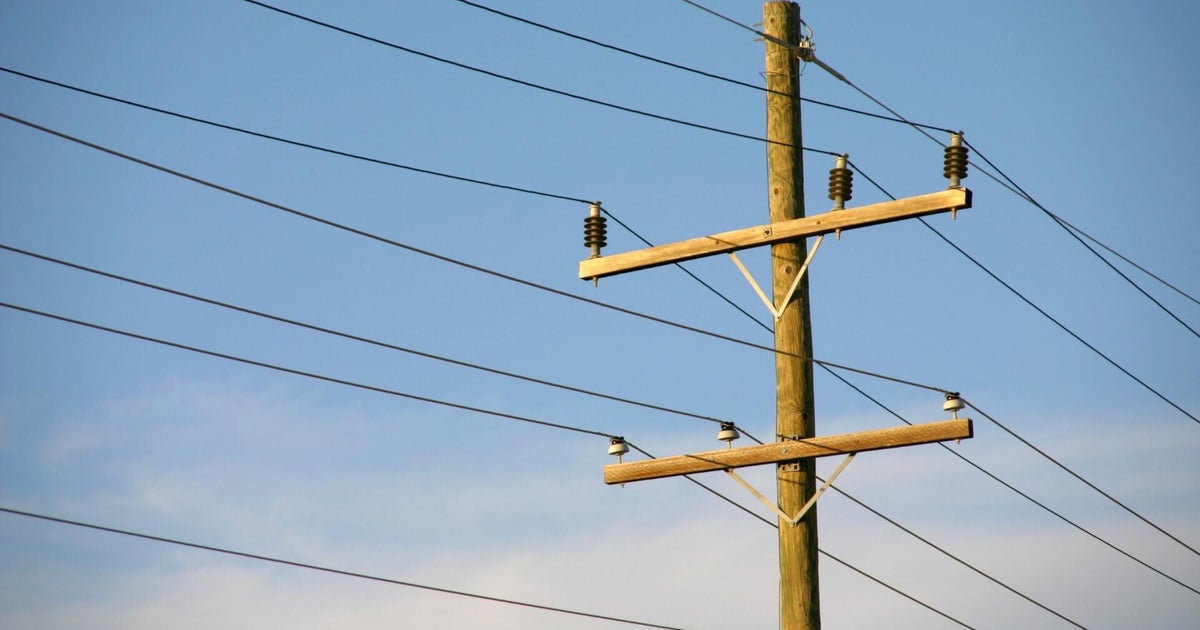Whole Foods May Be Considering Lower Prices, But Will That Risk Quality?
PITTSBURGH (KDKA) -- Whole Foods isn't talking, but America's self-styled healthiest grocery store with $16 billion in sales may be under pressure to lower its prices.
"That would be great," says Rosemary Traill, a Sewickley customer. "I think they could use a little competition, quite frankly, sure."
Often dubbed – "Whole Foods, Whole Paycheck" -- for its higher priced organic foods, investors in the company want the chain to use a national approach to products rather than allow each regional office to determine product selection.
Why the push to change?
"Their sales per store have declined a little bit, but that is possibly because they've been expanding," Point Park University business Prof. Elaine Luther told KDKA money editor Jon Delano on Wednesday.
In this region, for example, from one store in East Liberty, Whole Foods now has three with new stores in Wexford and Upper St. Clair.
But Whole Foods runs a great risk in destroying their reputation if change impacts the quality of local produce or the variety of products sold, says Luther.
"They're losing what makes them special, and me-too strategies almost never work," she said.
Join The Conversation On The KDKA Facebook Page
Stay Up To Date, Follow KDKA On Twitter
KDKA went to Whole Foods in East Liberty to see how customers feel about all this.
No surprise, most would love lower prices, but not at the risk of compromising the quality of the produce.
"If they lower the prices, the only way to do that and still maintain a healthy profit margin would be to buy less produce, lesser quality," said Scott Goldsmith of Bellevue.
"You get what you pay for. That's the way I look at it, and if it's for your good health, I'll pay a little more for healthier food," added Raegayle Pakler of Squirrel Hill.
Whole Foods told KDKA it has nothing to say until it issues its first quarter earnings report on May 10.







